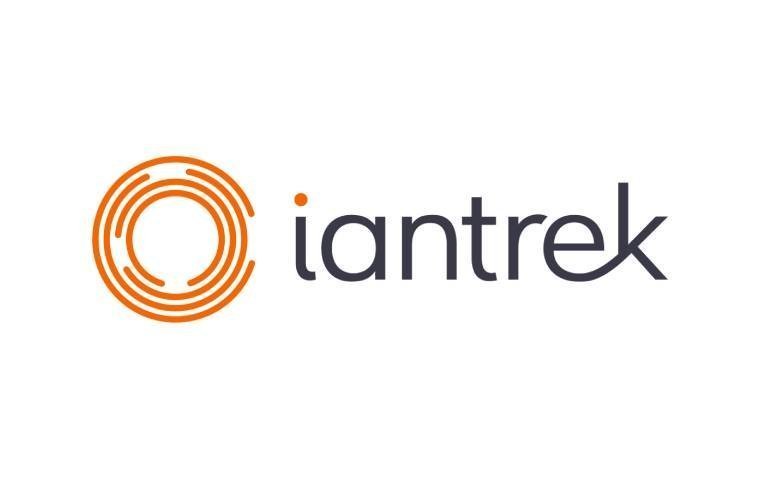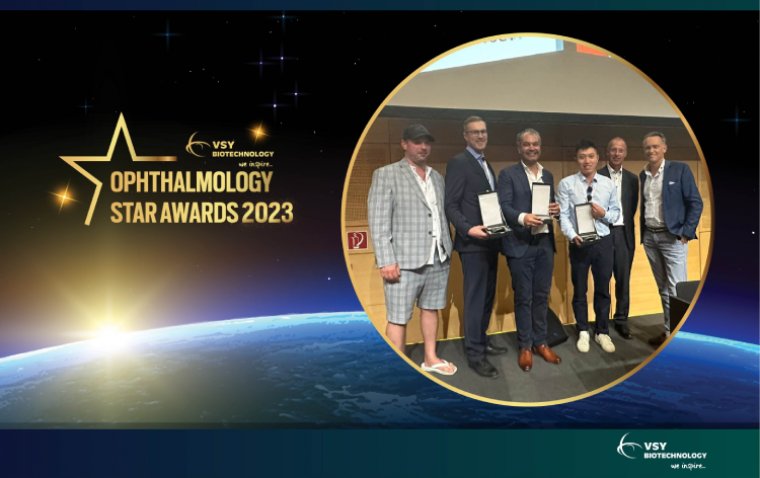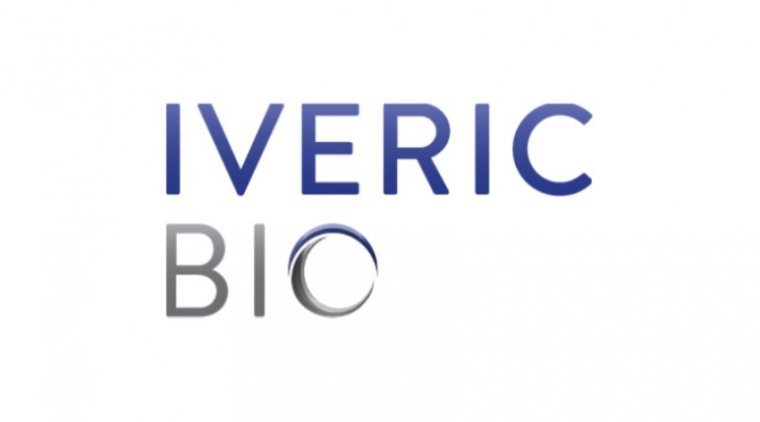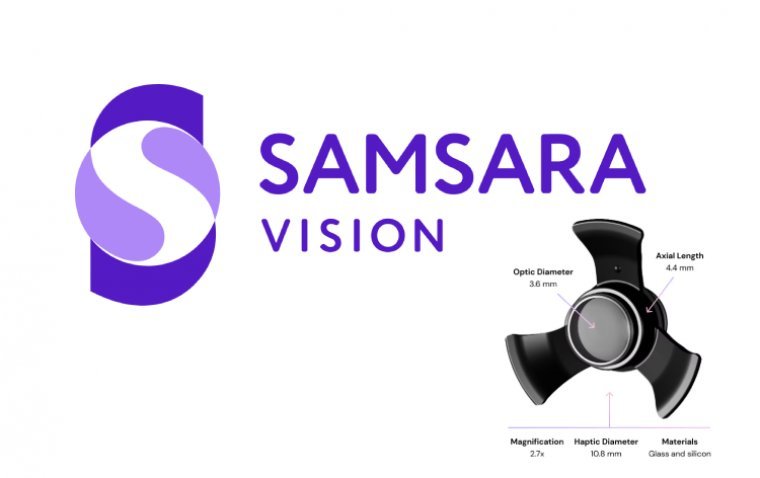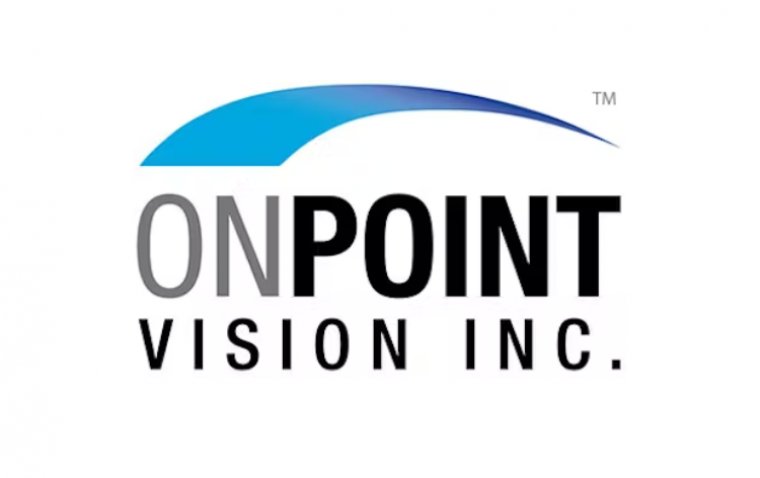
FDA Approves OnPoint Vision’s IDE Application to Initiate Trial of IOPCL Magnifier
OnPoint Vision has officially received FDA approval for their investigational device exemption (IDE) application, initiating the phase 1 in the pivotal clinical trial for the AccuraSee Intraocular Pseudophakic Capsular Lens (IOPCL) Magnifier (MAG).
This trial focuses on the secondary implantation of the MAG in the capsular bag alongside a pre-existing 6mm acrylic posterior chamber IOL.
The IOPCL MAG boasts a neutral optic (plano power) configuration, featuring a central +10.0D 1.8mm zone designed specifically to magnify near images. This innovative lens is unilaterally implanted in individuals with stable age-related macular degeneration (AMD) who are at least 6 months post-cataract surgery. Notably, the IOPCL MAG has previously undergone initial implantation in a first-in-human (FIH) study conducted in the United States under a separate Early Feasibility Study (EFS) IDE, with enrollment completed and ongoing patient follow-up.
In addition to the MAG, OnPoint Vision has also secured FDA approval for a third refractive EFS IDE. This approval paves the way for the assessment of the AccuraSee IOPCL (monofocal) to enhance near and/or intermediate vision by inducing myopia (monovision) when implanted in the non-dominant eye of up to ten (10) pseudophakic subjects. These subjects must be at least 6 months post-previous cataract surgery. Notably, this constitutes the second EFS for the monofocal IOPCL, following the completion and closure of the first EFS, which focused on low vision subjects.
It is crucial to note that the AccuraSee IOPCL and AccuraSee IOPCL MAG are investigational devices, and their usage is restricted by federal (or United States) law solely for investigational purposes.
(1).jpg)


